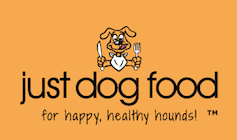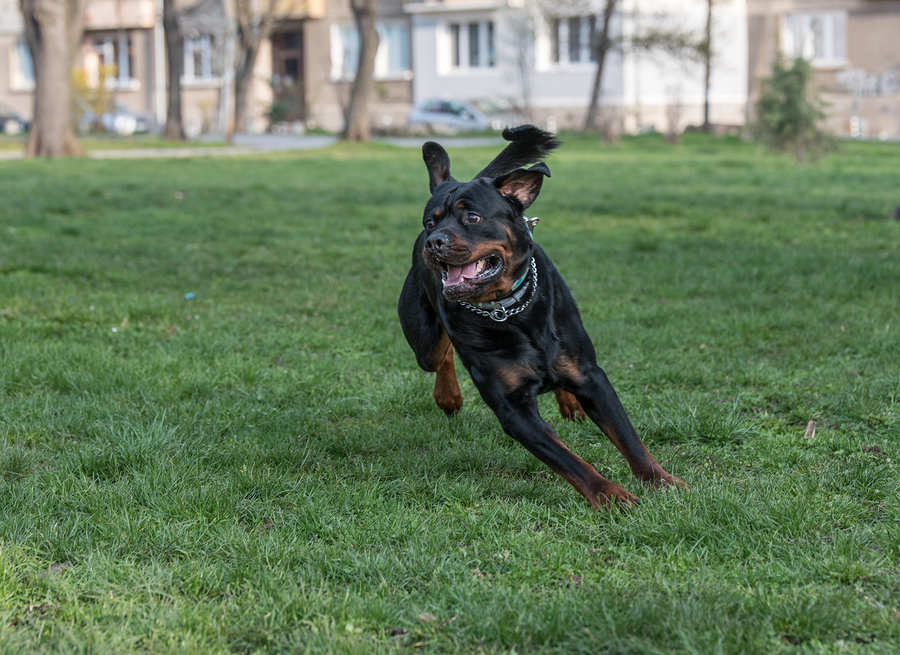Anyone fortunate enough to call a dog a pawsome member of their family has been faced with this conundrum before: whether to give your dog food from the table. Some of us try our best to teach our dogs that begging isn’t acceptable but sometimes the urge to give in to those undeniable puppy-dog eyes and give them a taste of the table-food they so desire from you is too hard to resist. This will hopefully set some things straight for you about what not to feed your dog from the table!
We all know chocolate is harmful for dogs and while not all other food meant for humans is exactly bad for your furry friend, they are not ideal either. In saying this, there are several that can cause severe damage to a dog’s health and should never be given to them, no matter how much they beg.
Of course, if you are sticking with their normal diet of high quality dog food and dog treats, (highly recommended!) there is nothing to be too concerned about but I’m sure you’re thinking that what’s the harm in feeding them scraps every once in a while?
Well, to discourage you from further swaying from their healthy diet, here is a list of 5 foods you should never feed your favourite companion and why they are so bad for them.
- Onion And Garlic
While these foods are tasty and add a delicious quality to our food, it can be very bad for our furry family friend, though the amounts found in some dog treats and food aren’t enough to cause worry. In large quantities, however, it can cause anaemia in dogs. These vegetables have the potential to cause red blood cell destruction (or Heinz body formation); resulting in anaemia. Ingestions of these of more than .5% of the dog’s body weight can be toxic in this way. For example, this would be equal to a dog of 14kg eating 71 grams of onion or garlic. Symptoms of anaemia can include:
- Weakness
- Vomiting
- Decreased appetite
- Dullness
- Breathlessness
- Caffeine
This means that your furry friend will have to sit idly by during tea time or while you have your morning coffee. Dogs aren’t capable of processing caffeine like we can, and this substance in large enough quantities can prove fatal for your dog. This includes anything which has caffeine in it as well, such as:
- Cocoa
- Chocolate
- Coke
- Energy drinks
The symptoms of caffeine poisoning in dogs are easy to spot, and tricky to treat. They include restlessness, rapid breathing, heart palpitations, muscle tremors, and fits. If you notice your dog suffering through any of these, visit your veterinarian immediately for treatment.
- Citrus
This includes not only the fruits, but the stems, leaves, peels, and seeds as well. These contain varying amounts of citric acid, and this essential oil can cause irritation and potential central nervous system depression if ingested in large amounts. Even small doses can cause stomach upset in your dog, so it’s best to avoid citrus all together.
- Xylitol
This substance is typically used as a sweetener in various products, such as gum, candy, and baked goods. It has been known to cause insulin release in dogs, which can lead to liver failure. This is because the increase in insulin caused by this substance leads to hypoglycaemia, or lowered sugar levels, and produces symptoms such as:
- Vomiting
- Lethargy
- Loss of coordination
- Seizures
- Dairy
This includes cheese and milk. While cheese can be given as a treat ‘occasionally’, dogs as we know, do drink milk as puppies while with their mothers just as we do but they are also able to develop lactose intolerance as they get older, making them unable to process the sugars and fatty components in these foods. This can lead to stomach upset if consumed in large quantities and symptoms of dairy consumption can include:
- Gas
- Diarrhoea
- Vomiting
- Yeast
Bread is probably the most common food we know that has yeast in it but you will also find it in buns and of course beer! The yeast in these foods can begin fermenting in your dog’s stomach and become toxic. In particular with any dough based products, the dough can also expand in their stomach or intestines and lead to:
- Excessive gas
- Lethargy
- Vomiting
- Blockage of intestines
- Possible rupture of the stomach or intestinal tract
- Bacon & Cooked Fat
Yes! This is one thing we all know they love, yet knowing what it can do will make you think twice before sharing that last rasher or the fat off your chops with them. The high fat content (not to mention the preservatives and high salt content in bacon) can lead to pancreatitis disease in your furry friend and once they get this disease you may find that they will develop an inflamed pancreas and have:
- Digestive problems
- Nutrient absorption problems
Now we all know how convincing our dogs can be when they want something and there may be some things that can be given in very small doses but does it really benefit them? Well the short answer is no!
As you can see, sticking to a high quality, complete and balanced diet, as it is for us, is actually the best thing for our most hairy family member. Making the right choice for them is what we all want and should you need help deciding what is best for them, there is always someone nearby that can offer the right advice.
Advice and information provided in this article is intended to assist in keeping your dog happy and healthy. Please always seek professional veterinarian advice for any specific concerns.


